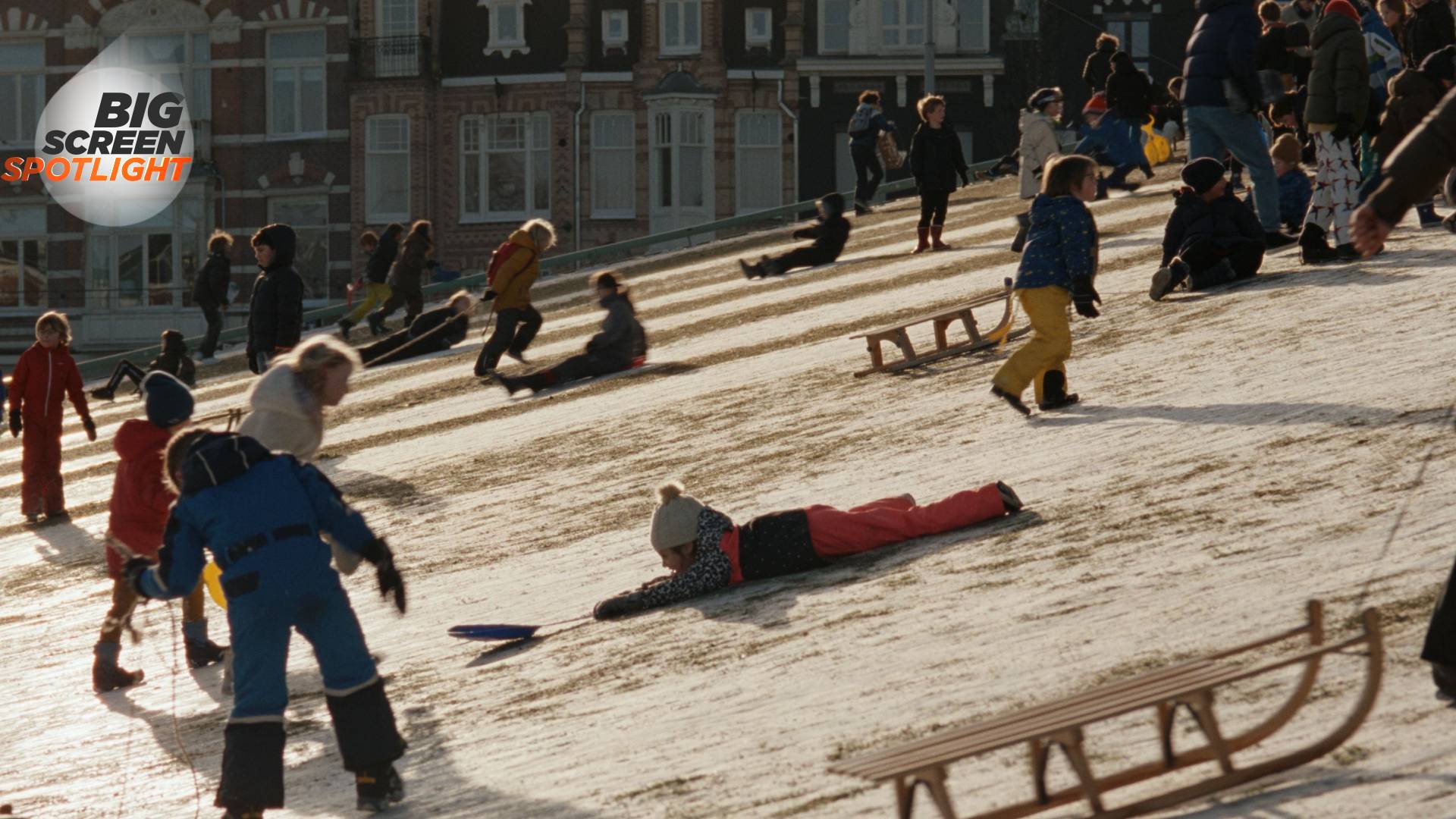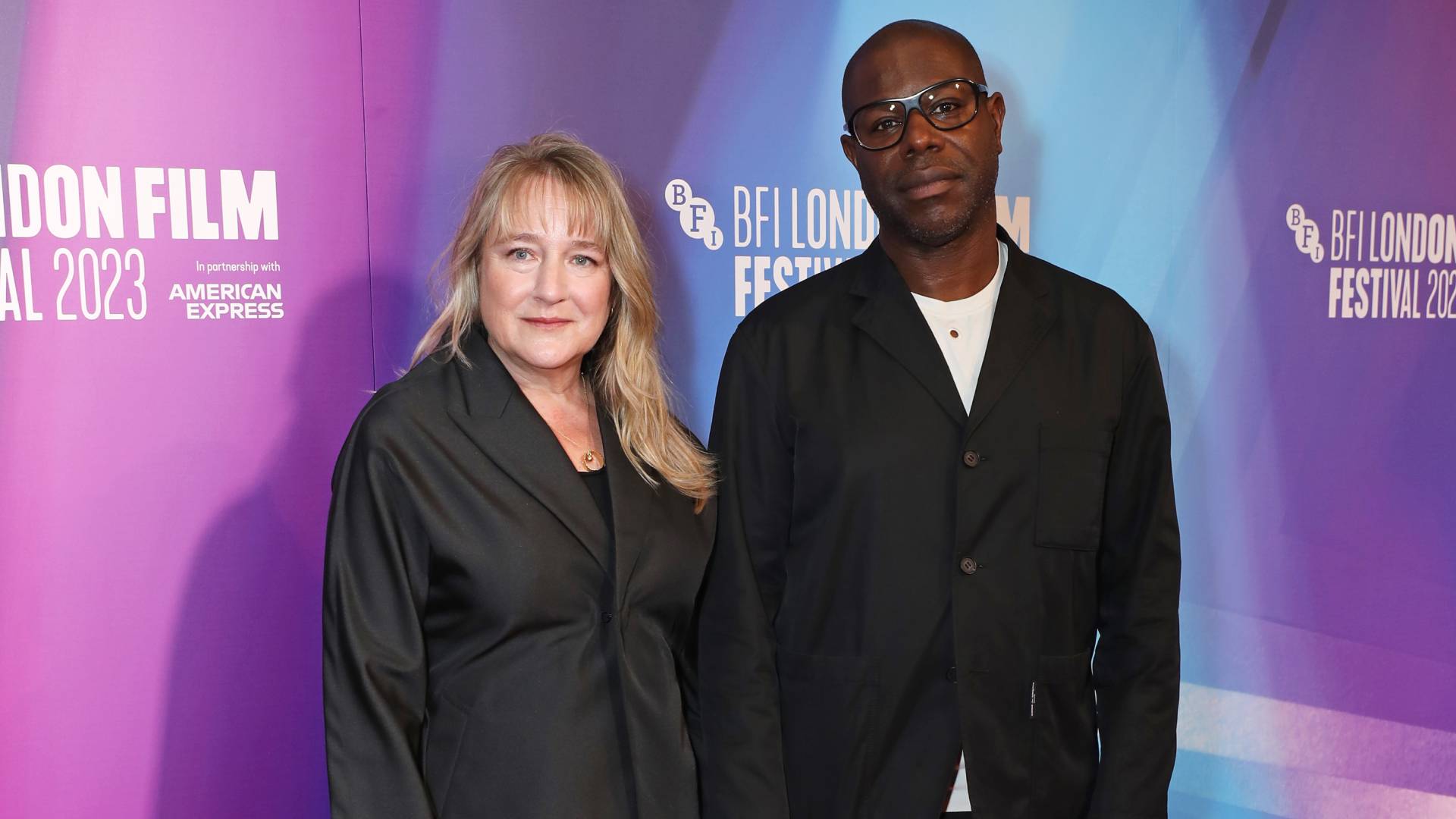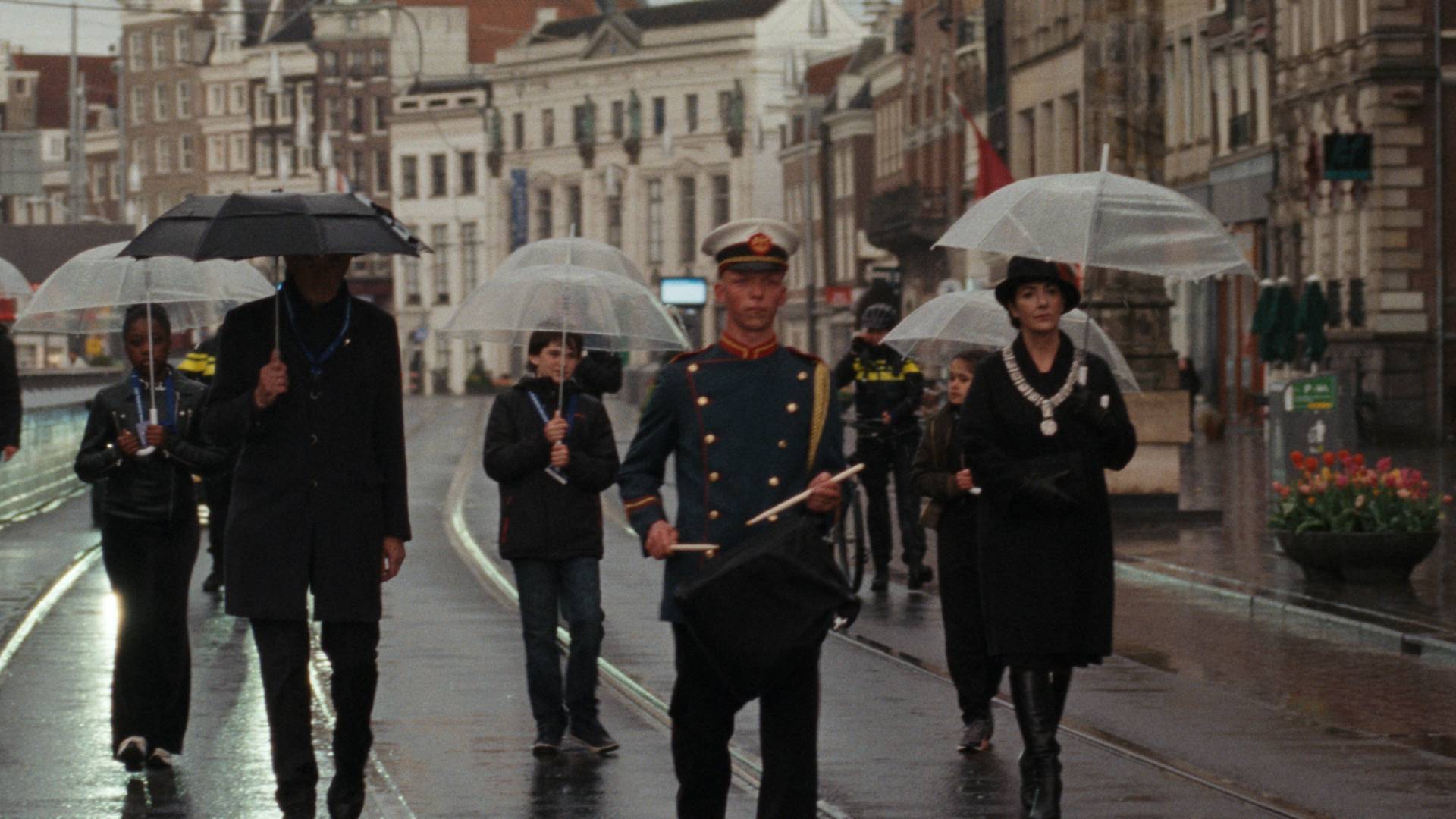
Steve McQueen’s latest film sees the past collide with the present. The acclaimed director of Shame and 12 Years a Slave returns to the big screen with Occupied City, an almost four-and-a-half-hour-long documentary about the Nazi occupation of Amsterdam.
Working with his partner, the writer and filmmaker Bianca Stigter, the film was shot in 2020, exploring the dichotomy between the present-day city and the past during World War Two. Shots of the city during the pandemic combine with a voiceover detailing Nazi occupation as the sweeping narrative explores the city, and reckons with its harrowing history.
Shining a light on the under-the-radar theatrical releases that you need to know about, with a new article every Friday
Speaking to GamesRadar+ during the BFI London Film Festival, the director says he views it as a reminder of everything we take for granted in modern life. "It’s something you’ve just got to be reminded of – actually what happened to get us to this point, and how I'm going to maintain that freedom from pending dangers which are around us."
Memories and ghosts thrive in the film as the narration relays stories of resistance, collaboration, bravery, and denial as it travels to over 130 addresses in the city. For McQueen, it was an opportunity to give a window into that tumultuous period, as well as hold a mirror up to its relevance to the present day.
"With the example of our film, by coincidence of course, it's almost like history repeating itself a little bit," he continues. "If you remain passive, things are gonna happen. You’ve got no one else to blame other than yourselves, you can't just turn your back."
Historical record

One of the key parts of crafting the narrative of Occupied City was working on the narration that accompanied the images on screen. The premise is based on Stigter’s rigorously researched book, 'Atlas of an Occupied City (Amsterdam 1940-1945)'. Released in 2019, it tells the stories of everyday life in Amsterdam during the war, focusing on both the visible and invisible traces it left on the city.
The narrative of Stigter’s book leans into the factual, sharing incredible true stories, and that’s something that both she and McQueen wanted to keep in its visual retelling. Actor Melanie Hyams lends her voice to the project, which treads the line between cold facts and personal trauma.
"Well, it can’t not be unemotional, but how Bianca wrote it in the book was very factual," McQueen explains, as Stigter adds: "I think with this kind of subject matter, all you have to do is let it speak for itself. Then [you] try to be very open to all the emotions. You don't need us to tell you and warn you – the material will do it itself."
Lengthy matter

With such heavy and detailed subject matter, it’s little surprise that the film is McQueen’s longest to date, at a hefty four hours and 22 minutes. When it’s shown in cinemas, it will be aired with an interval in the middle, but such a runtime may be quite an overwhelming prospect. However, as the filmmakers point out, this is kind of the point.
McQueen explains that they filmed enough for a 36-hour version of the documentary, but they whittled it down in its final cut. "Length is not a deterrent," he tells GR+. "What it is, is this subject matter is asking us to look at it in this way. This couldn't be an hour-and-a-half movie. In fact, it'd be a disservice to it."
Stigter agrees, adding that it adds to the intended impact of the film. "I think the material and the way it was done demands that kind of length," she says. "It's not something snappy, it’s something deep that you can really let yourself be overwhelmed by."
Occupied City is in UK and Irish cinemas now and available to buy on streaming in the US. To see what else you should be watching at the cinema, be sure to check out our Big Screen Spotlight series.








